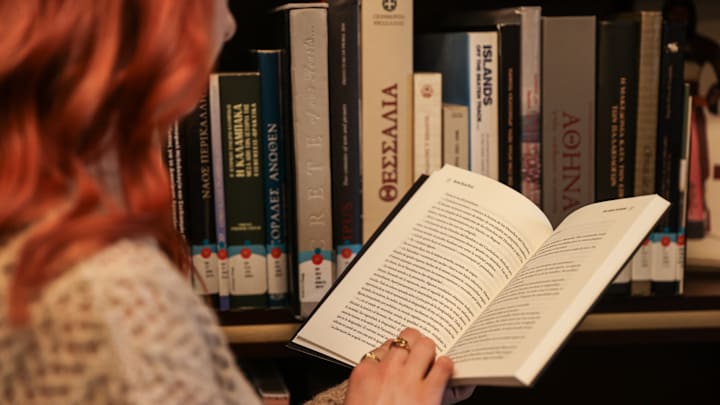When most people think of classical literature, they immediately think of long and boring stories written from a man's point of view. And that's not necessarily a bad thing - as each classical story you read does give insight into the history and culture that happened when the book was written. However, some novels were brilliantly written by women - outshining their male counterparts with insights into how life was for women at the time. While I am sure there are plenty of stories attributed to men under pen names, these stories show the resilience of women who lived in times when they were not equal. It's an alternative look at history and culture that will help broaden your mindset, while still allowing women to have their voices heard.
1. Save Me the Waltz by Zelda Fitzgerald

Zelda Fitzgerald is a woman who deserved so much better in life. In fact, the reason Save Me the Waltz isn't more mainstream is solely because her husband made sure it would tank. And while his plan worked at the time, it didn't bury the book's legacy like I am sure he wished it had. This is a powerful look into what it was like to be a woman who pursued her passions at a time when that wasn't allowed. Inspired by Zelda's path to almost becoming a professional ballerina, she not only pushes back at the idea the life of a flapper was one without rules or consequences, but she exposes the trap the life hid from others. Zelda had lived as one of the first "It Girls" but it's not until one reads her work, that you're able to truly understand what the cost of it was.
2. Frankenstein by Mary Shelley

It's hard to believe the science fiction genre was created by a seventeen-year-old girl on a dare. And yet, Frankenstein is iconic as it made Mary Shelley the mother of science fiction. This book follows the deadly dance between Victor Frankenstein, a mad scientist who barely is able to complete his degree, and The Creature, his creation who only wants to be loved by his "father" - only to be continually rejected. There is so much about this novel that still holds true today, that I put it on every classical reading list I can. And most importantly, it is the first to ask this question about science: does the fact you can mean you should? Mary Shelley was ahead of her time in writing this, with themes that are still as poignant today as they were in 1818.
3. Northanger Abbey by Jane Austen

Whenever most people think of Jane Austen, they immediately think of Pride and Prejudice. Which isn't a bad thing, it's her most famous work for a reason! However, most people only read one of her many books, and as a result, miss the beautiful satire of Northanger Abbey. Not only does this book provide a scathing critique of traditional gender roles, but also provides an over-the-top comedic look at the gothic romance genre as a whole. It's Jane Austen at her best - with drama, romance, and comedy only she can give us.
4. Rebecca by Daphne du Maurier

An unnamed narrator finds herself haunted by her husband's late first wife Rebecca. Whether or not she's actually being haunted by a ghost or a memory is hard to tell - which is what makes Rebecca such a fascinating read. It's part mystery and part romance as it dances between the two genres like a sultry tango - led by Rebecca herself. The prose is beautiful and the descriptions can help you visualize the world the second Mrs. de Winter steps into - all while hoping you won't have a Mrs. Danvers watching your every move as you read.
5. The Tenant of Wildfell Hall by Anne Bronte

While most people can think of Charlotte and Emily Bronte's books off the top of their heads, it's unlikely they've heard of the third Bronte sister: Anne. Her writing career was not only cut short by premature death, but Charlotte decided to censor this novel - believing the themes too dark and radical, despite it being popular when it was first sold. As a result, many people discover The Tenant of Wildfell Hall much later than the works of the other two. This book shows the dark side of alcoholism and abuse, and the strength of the woman who survives it. It's often considered the first feminist novel, and those who read it find its surprising twists and insightful story makes Anne their preferred author of the three sisters.
